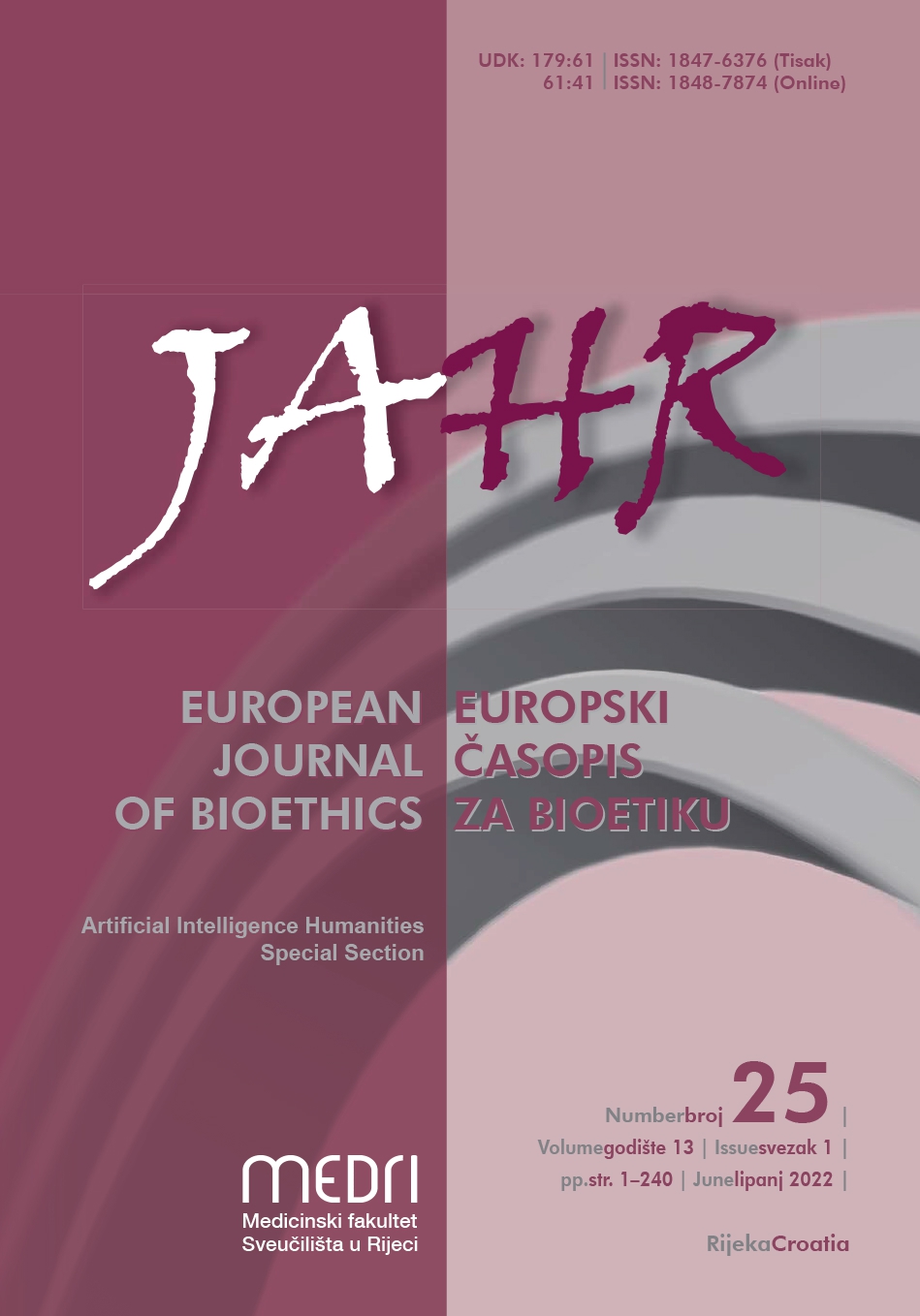Children’s “Best Interest” Locked up – On the Situation of Children’s Rights during the COVID-19 Responses
Keywords:
COVID-19 reactions, lockdowns, children’s rights, public health operations, advocacyAbstract
https://doi.org/10.21860/j.13.1.9
The constitution of the WHO as well as the UN Convention on the Rights of the Child both emphasise the unique position of children, the significance of healthy development and the obligation of public and private actors to always consider the best interest of the child. There is – at least in the case of Germany – no evidence that this obligation has been fulfilled in due manner during the COVID-19 reactions. On the other hand, there is clear evidence from different parts of the world that the closure of schools and all places of social encounter has deeply harmed the social, emotional and even intellectual development of many children. The children’s rights therefore have not been safeguarded during the corona-reaction-crisis. The article argues that this disregard of the position of children has its roots in public health’s utilitarian perspective on the health of peoples instead of individuals. In order to safeguard the rights of children in public health operations, the procedures already foreseen by the UN Convention and its implementing regulations to take into account the best interest of the child must be truly implemented in the future.
Downloads
Published
Issue
Section
License
Authors who publish with this journal agree to the following terms:
- Authors retain copyright and grant the journal right of first publication with the work simultaneously licensed under a Creative Commons Attribution License that allows others to share the work with an acknowledgement of the work's authorship and initial publication in this journal.
- Authors are able to enter into separate, additional contractual arrangements for the non-exclusive distribution of the journal's published version of the work (e.g., post it to an institutional repository or publish it in a book), with an acknowledgement of its initial publication in this journal.
- Authors are permitted and encouraged to post their work online (e.g., in institutional repositories or on their website) prior to and during the submission process, as it can lead to productive exchanges, as well as earlier and greater citation of published work (See The Effect of Open Access).



